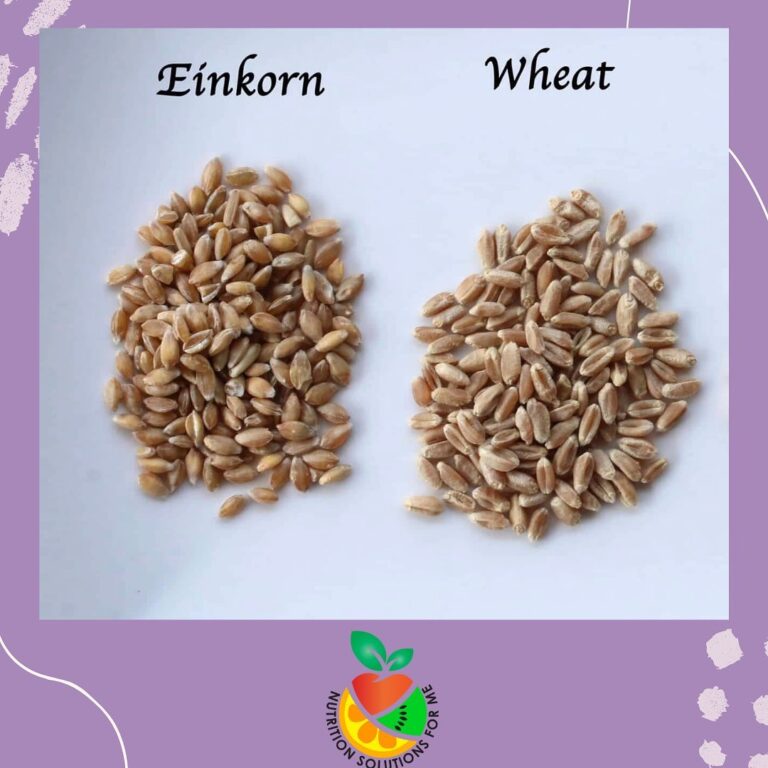
Introduction
Anxiety is a common mental health challenge that affects millions of people around the world. It can range from mild worry to overwhelming feelings of fear, nervousness, and dread. Anxiety often interferes with daily life, making it difficult to focus, relax, or enjoy activities. However, various anxiety relief tips can help reduce symptoms and restore a sense of calm. In this article, we will explore practical techniques to manage anxiety and improve overall well-being.
1. Practice Deep Breathing Techniques
Deep breathing is a simple yet powerful technique to calm the nervous system and reduce anxiety. When you are anxious, your breathing tends to become shallow and rapid, which can intensify the feeling of panic. Deep breathing helps slow your heart rate, lower blood pressure, and promote a sense of relaxation.
How to Practice Deep Breathing:
- Sit or lie down in a comfortable position.
- Close your eyes and inhale deeply through your nose for a count of four.
- Hold your breath for a count of four.
- Slowly exhale through your mouth for a count of four.
- Repeat this process for a few minutes until you start feeling more relaxed.
Incorporating deep breathing into your daily routine can have long-lasting benefits for managing anxiety.
2. Engage in Physical Exercise
Exercise is one of the best natural remedies for anxiety relief. Physical activity boosts the production of endorphins, chemicals in the brain that help improve mood and reduce stress. Regular exercise also helps improve sleep, which is often disrupted by anxiety.
Effective Exercises for Anxiety Relief:
- Aerobic Exercises: Activities like jogging, cycling, or swimming get your heart rate up and promote the release of endorphins.
- Yoga: Combining breathing exercises and gentle movements, yoga is particularly effective in calming the mind and body.
- Strength Training: Lifting weights or doing resistance exercises helps improve overall well-being and reduces tension.
Even a short 20-30 minute workout each day can have a significant impact on reducing anxiety levels.
3. Try Mindfulness and Meditation
Mindfulness and meditation are powerful tools for anxiety relief. Mindfulness involves being present in the moment and observing your thoughts without judgment. Meditation helps quiet the mind and focus on peaceful thoughts.
Mindfulness Techniques:
- Body Scan: Slowly focus on each part of your body, starting from your toes and moving up to your head. This helps bring awareness to any tension and encourages relaxation.
- Guided Meditation: Use apps or YouTube videos that offer guided meditation sessions for stress relief.
- Mindful Breathing: Focus on your breath as you inhale and exhale. Whenever your mind starts to wander, gently bring it back to your breath.
Mindfulness practices, even for just a few minutes a day, can significantly reduce feelings of anxiety and improve mental clarity.
4. Connect with Others
Social support plays a vital role in managing anxiety. Talking to someone you trust, whether a friend, family member, or therapist, can help alleviate anxiety by providing emotional validation and practical advice. Just knowing that someone is there to listen can be incredibly comforting.
Ways to Build a Support Network:
- Reach out to family and friends: Share your feelings with loved ones who can offer empathy and support.
- Join a support group: There are many online and in-person support groups for individuals dealing with anxiety.
- Seek professional help: A therapist or counselor can offer specialized techniques and strategies for managing anxiety.
Being open about your anxiety and seeking support can significantly reduce the burden and help you feel less isolated.
5. Adopt Healthy Lifestyle Habits
Maintaining a healthy lifestyle is essential for managing anxiety. Poor diet, lack of sleep, and substance use can exacerbate anxiety symptoms. By making healthy choices, you can improve your mental and physical health, which in turn helps reduce anxiety levels.
Healthy Habits for Anxiety Relief:
- Balanced Diet: Eat a variety of fruits, vegetables, lean proteins, and whole grains to fuel your body and mind.
- Adequate Sleep: Aim for 7-9 hours of sleep each night to ensure your body and mind are well-rested.
- Limit Caffeine and Alcohol: Both substances can heighten anxiety and disrupt sleep patterns.
By focusing on your physical health, you can build resilience to stress and reduce the frequency and intensity of anxiety attacks.
Conclusion
Anxiety is a natural part of life, but it doesn’t have to take control. By incorporating anxiety relief tips such as deep breathing, physical exercise, mindfulness, and seeking social support, you can effectively manage anxiety and improve your quality of life. Adopting healthy lifestyle habits will also support your overall well-being.
If you’re planning to visit India, ensure you have the appropriate visa. Zimbabwean citizens can access the Indian Visa for Zimbabwe Citizens and Uruguayans can check the Indian Visa for Uruguay Citizens for more details.
By following these strategies and making mindful decisions, you can better cope with anxiety and lead a more peaceful, balanced life.






